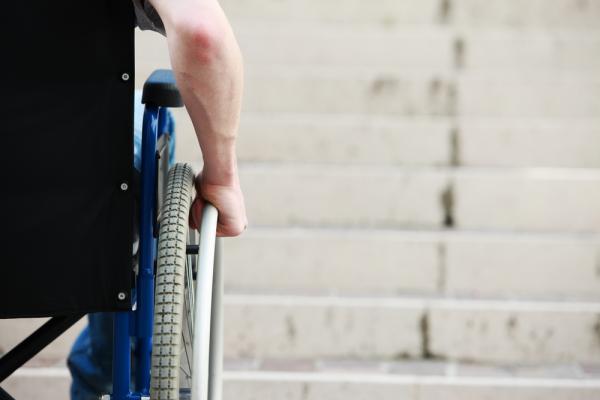The first time Jesus preached in a synagogue, he said that he had come to proclaim release to the captives (Luke 4:18). Those captives include people who have disabilities, sometimes literally. My friend Margaret who works overseas with people with disabilities told me that some of them have scars on their wrists from being chained to their beds for years as children. Pastors from a number of different countries have told me similar stories.
The United Nations Convention on the Rights of Persons with Disabilities will not right all the wrongs committed against people with various disabling conditions, but it puts a line in the sand that squares with the message of Jesus.
People with disabilities tend to be the most oppressed in any community. Even here in the U.S., they are more likely to be unemployed, poor, and victims of crime compared with the general population. People with disabilities from around the world wrote the CRPD, patterning it after the landmark U.S. legislation, the Americans with Disabilities Act (ADA).
Read the Full Article

